|
I am honored to have been on the Plants Changed My life Podcast. In my interview I talk about how plant-based eating impacted my family's life. We also talk about my experience at the Institute for Humane Education and how solutionary thinking can change the world. I would love for you to listen and let me know what you think.
Thank you to Stacy and Dave for having me!
0 Comments
need to bring our children and students into the conversation and invite them to be part of the solution. I would love to hear what you are doing to create the space for conversation in order to help foster compassion and critical thinking.
I hope you enjoy the read! Abby
If you missed the 2019 Humane Summit, you're in luck! You can still access the presentations by visiting the Humane Education Coalition's YouTube page and clicking here. Yay for humane education! I hope you enjoy my presentation! Why we choose not to ride elephants, go to zoos, or swim with dolphins... As parents and educators, how can we collectively start the discussion with youth about animal equality and the impact that our choices can have? In this session, Abby Power will talk about how we can use humane education tools to introduce topics such as speciesism, systems thinking, cognitive dissonance, and critical thinking in order to engage our children to find solutions and make systematic change. As educators or parents, let’s give children the tools to be the next generation of changemakers. *Tip: It's best heard with either headphones or by unplugging any external speakers. "The way the world communicates"
No matter who you are, a nonhuman animal or a human animal; we all communicate. We may not be able to speak the same language or speak at all and that's okay. Some of us use our hands to communicate, others use our bodies and even some use computers to say hello. Some insects go "buzz buzz" and while others dance around. What a world to live in that we have so many ways to meet new friends! When students learn that beings on this planet come in all shapes and sizes, that's when we can begin to break down the systems of injustice and end bullying and the oppression of all species. Let's bring humane education into the classroom. Love, Abby Registration for the FREE and virtual Humane Summit that I’ll be speaking at is open and I'd love to see you there! I'll be speaking on February 6th at 6:00 PM EST/ 5:00 PM CT on: WHY WE CHOOSE NOT TO RIDE ELEPHANTS, GO TO ZOOS, OR SWIM WITH DOLPHINS: As parents and educators, how can we collectively start the discussion with youth about animal equality and the impact that our choices can have? In this session, Abby Power will talk about how we can use humane education tools to introduce topics such as speciesism, systems thinking, cognitive dissonance, and critical thinking in order to engage our children to find solutions and make systematic change. As educators or parents, let’s give children the tools to be the next generation of changemakers. Join @hecoalition and 46 speakers and panelists for the Humane Summit, a fee-free virtual speaker series in humane education! Learn, share, and connect online from Feb 5-7, 2019. Register here: hecoalition.org/summit Humane Education Coalition Launches Fee-Free Virtual Speaker Series, the Humane Summit January 15, 2019 Humane Education Coalition Launches Fee-Free Virtual Speaker Series, the Humane SummitSAN ANTONIO, TX - The Humane Education Coalition is delighted to announce the launch of their new virtual speaker series, the Humane Summit. This three-day event brings together education professionals from around the world to learn, share, and connect about humane education. The Summit is held entirely online from February 5-7, 2019 and features unique speaker sessions and live panel discussions from more than 45 education experts. "The Coalition is honored to provide a platform for so many brilliant, committed educators to share their knowledge and insights with a global community of participants," said Megan Moon, HEC President and producer of the Humane Summit. "We are confident this event will further our collective efforts to create a more compassionate, just, and sustainable world." 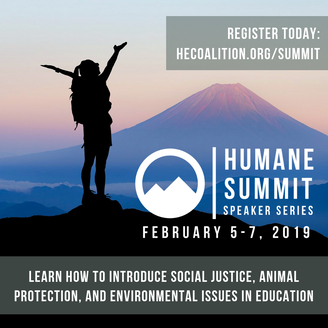 Participants will learn new strategies and tools for introducing, incorporating, and enhancing education programs, and they'll discover opportunities for building cross-cultural connections and solving challenges. Speaker sessions will cover a wide range of topics, including social-emotional learning, animal protection issues, environmental ethics, social justice, and social work education. As an added benefit, all sessions and recorded panel discussions will be saved in the Summit for participants to view at their convenience. There are also special opportunities for participants, including the option to earn a certificate of completion from the University of Denver's Institute for Human-Animal Connection, entering to win an online course from the Academy of Prosocial Learning, and entering to win a box of humane-themed children's picture books from The Gryphon Press. "The Coalition strives to reduce barriers between our constituents and the tools they need to learn, teach, and thrive," Moon continued. "We are thrilled to provide this unique speaker series with no mandatory fee for participants thanks to our generous sponsors, which makes the Summit an inclusive and accessible learning opportunity for educators worldwide." The Humane Summit is open to anyone, anywhere in the world and is an ideal professional development opportunity for educators, program administrators, nonprofit employees and volunteers, social workers, therapists, parents, and global compassionate citizens. The only requirements to participate in the Summit are access to the Internet and a working knowledge of the English language, as that is the language used in all Summit activities. Registered participants will receive a link to access the Summit via email upon registration. To learn more and register, visit hecoalition.org/summit. Please contact [email protected] with questions. About the Coalition
The Humane Education Coalition is a global alliance for collective impact. Its mission is to advance the field of humane education for the betterment of all living things. The Coalition collaborates with partners in the human rights, environmental ethics, and animal protection sectors to achieve common goals and support their work. The Coalition provides needed resources, educational opportunities, and grant funding for agencies around the world that teach about human rights, environmental ethics, and animal protection. The organization also works collaboratively to implement groundbreaking initiatives in the field of humane education, including research, publishing, and policy. Today was a typical Saturday morning. I went for a run, tidied up the house and had breakfast. James asked if I would play with him and of course I said yes. We went up to his room, read a few stories and talked about his first week of kindergarten. He then got a big smile on his face and announced that he wanted to play cops and robbers! I felt a twinge inside of me. "Ugh, really?" I thought to myself. I immediately started to try to rationalize it in my head. What boy doesn't want to play cops and robbers? It's okay, isn't it? Society tells me that it's harmless and that it's normal. Surely I'm just overreacting? Deep down I knew I wasn't overreacting. I had just spent the past week watching films for my human rights class about the systematic root cause of the culture of male violence, bullying, sexism, discrimination and powers of oppression. What I found out was that it is all learned behavior. Boys are taught that they need to be tough, aggressive and suppress their emotions or they risk being shamed. This gender stereotyping is perpetuated every day by the way we talk to our children and what our expectations are of them. We even see it in movies where males are portrayed as tough and often have to fight to show dominance. Phrases like "boys will be boys," "man up," or even "boys don't cry" are not helpful and only further perpetuate systematic oppression. As Jackson Katz explained in his film, Tough Guise 2, we are a "culture that romanticizes violent masculinity" (Katz, Tough guise 2). So what do I do? How is a mom supposed to let her son play and use his imagination but weave these very important messages (that often counteract societal norms) into his life? It dawned on me, I could do this through play. Instead of saying to my son that we couldn't play cops and robbers, I simply turned play into a teachable moment. I wanted to break the idea that there are good guys and that there are bad guys. I wanted to stop the us vs. them mentality that my five-year-old had already developed. Instead, I wanted to show him that we have the opportunity to look at the individual and to hear their story instead of relying on biases and false generalizations. Here's how it played out: James (As the Police Car): Let's play cops and robbers! Wee oooo weee oooo, stop right there, robber! Me (As the Dinosaur): Oh no! Why are you coming after me? James (As the Police Car): Because you just robbed the bank! You belong in jail! This is where I started asking the probing questions: Me: Why do you think the dinosaur needed to rob the bank? James: Because he is mean and needed money! Me: Why do you think he was being mean? James: Hmm, maybe because he has no friends. Me: Oh, I see. How do you think that makes the dinosaur feel? James: Sad, really sad. Me: Yes, I can understand that. What do you think you could do to make him feel better? James: We give him money. Me: That's an interesting idea. Do you think that would solve his problems? James: Hmm, maybe not. Maybe the police man could help the dinosaur out instead of putting him in jail? This is where we went back to playing: James (As the Police Car): Oh hi dinosaur! You don't need to rob the bank. Let's talk about it. Want to be friends? Me (As the Dinosaur): Oh yes, thank you! I was feeling so lonely. I really needed a friend. James (As the Police Car): Okay! We are friends now, let's go play! Although this is just a bit of imagination, it replicates what happens in our society. We go from step 1 to 10 and miss all of the steps in between. Those in between steps are the good stuff. That is where we learn, we break down barriers, we confront our biases, and we learn how to empathize and show compassion. Perhaps the next time James decides to play cops and robbers with a friend or a classmate, he too can ask these thought provoking questions that can open the minds of his fellow peers. We need to stop "fighting" crime and start teaching kindness. This is how systematic change happens...grassroots and from the bottom up. We can teach our sweet, special, and wonderful boys that it is actually brave to have empathy and show compassion. For when they are older and find themselves in a position to either bully or befriend, I hope that they choose to befriend, as they will have learned the skills to act with courage and show kindness. So you see, lessons don't just happen in the classroom. They can happen everywhere. Look for those teachable moments that can change the hearts and minds of our children, who will later be the ones that will teach the future. If you're interested in films around these important themes, I suggest the following: Tough Guise 2 Bullied 13th Be well, Abby Katz, J. (2013). Tough guise 2: The ongoing crisis of violent masculinity [Video file].
Stopped by the side of the road in Kilmacthomas, Ireland to meet this beautiful horse.
Teaching my son about showing kindness and compassion to all beings. Worth a watch! Inspirational video about how each and every person can make a difference. With Kindness,
Abby Introduction to Humane Education: Hope and Evidence-Based Optimism Assignment Brief: Enlightenment Now offers an exploration of humanity’s progress since the Enlightenment toward greater reason, equality, and peacefulness. Pinker painstakingly points out that, overall, we are healthier and freer now than in previous eras. Create an activity or presentation or write an article/essay for any age group based on an aspect of Pinker's book that you believe makes the best case for evidence-based optimism and encourages hope. Although there was much that I disagreed with in Steven Pinker’s book, I did agree with the notion that nostalgia can often hold us back from enjoying the here and now. I decided to use the film, Midnight in Paris, to look deeper at the connection between nostalgia and parenting. Was it really better to raise a family in the past? What I found out was that contrary to what we believe, there is evidence that things are getting better. Could this be a cause for optimism? I think so. Below if the presentation that I did for my Introduction to Humane Education course. I hope you enjoy! |
BlogArchives
December 2019
Categories
All
|
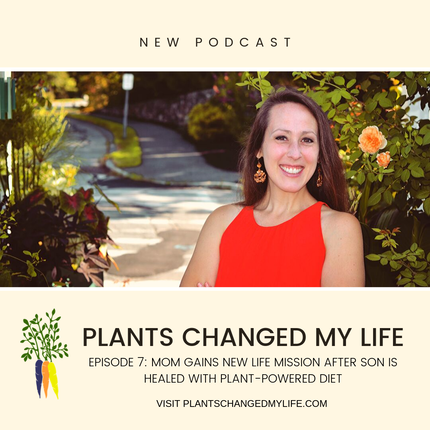
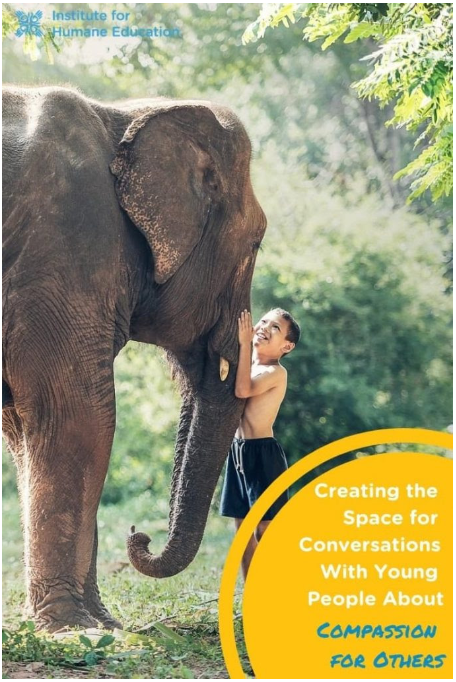
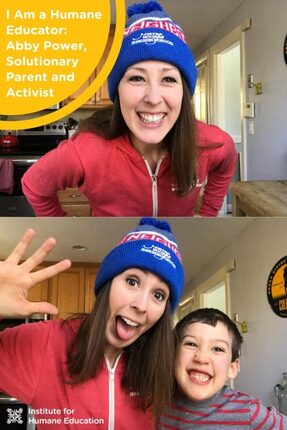
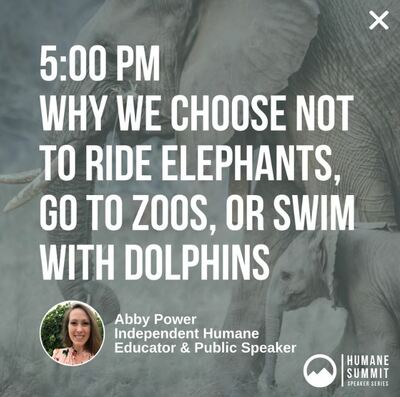
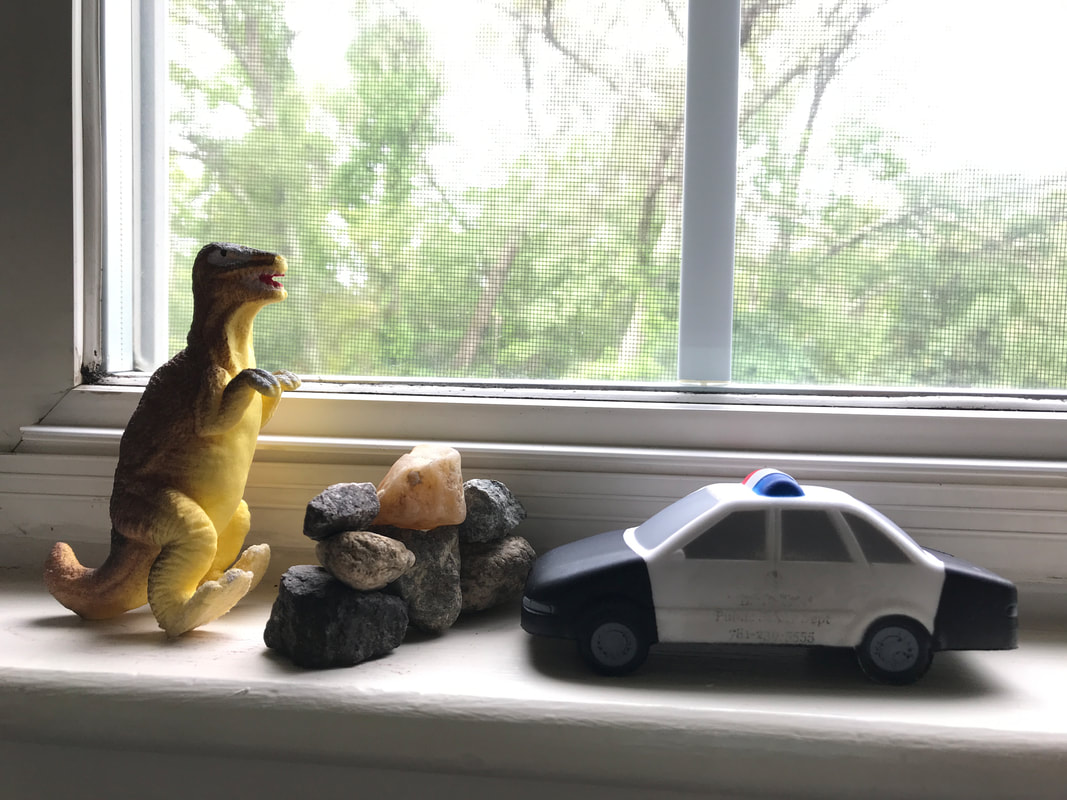
 RSS Feed
RSS Feed
